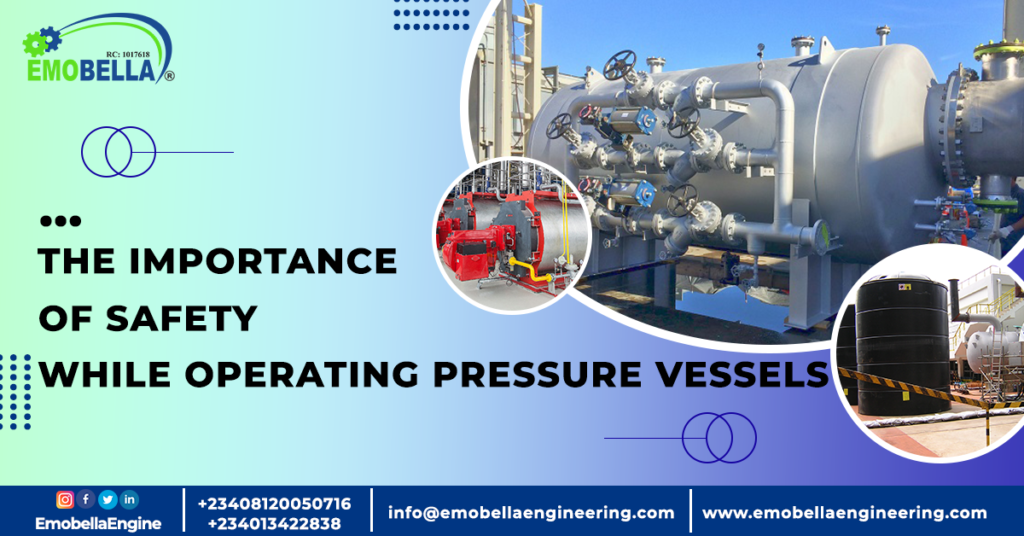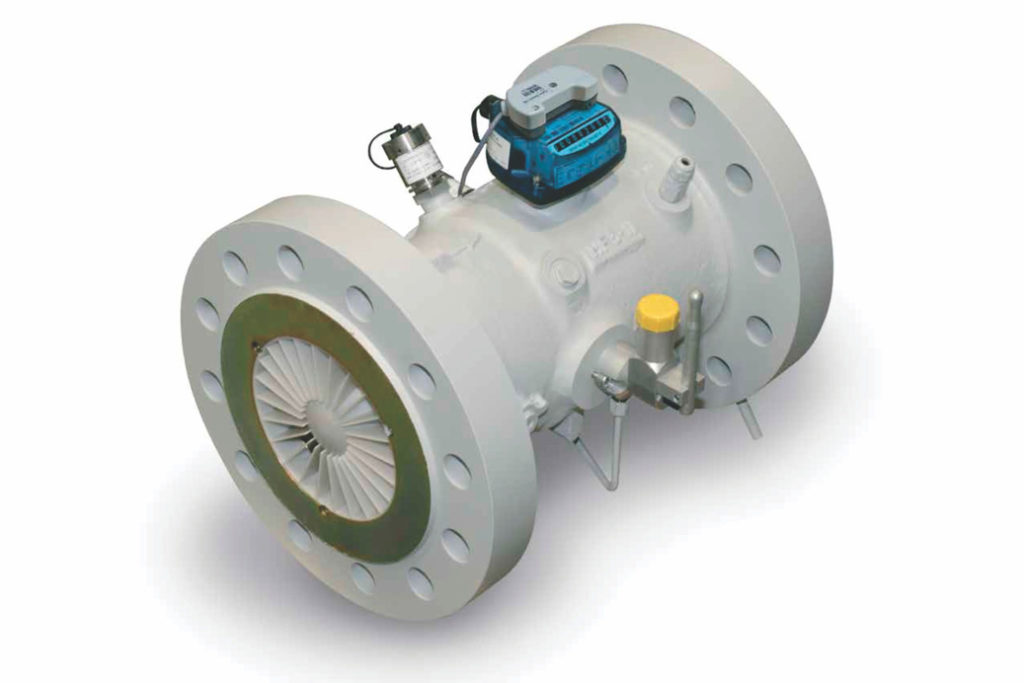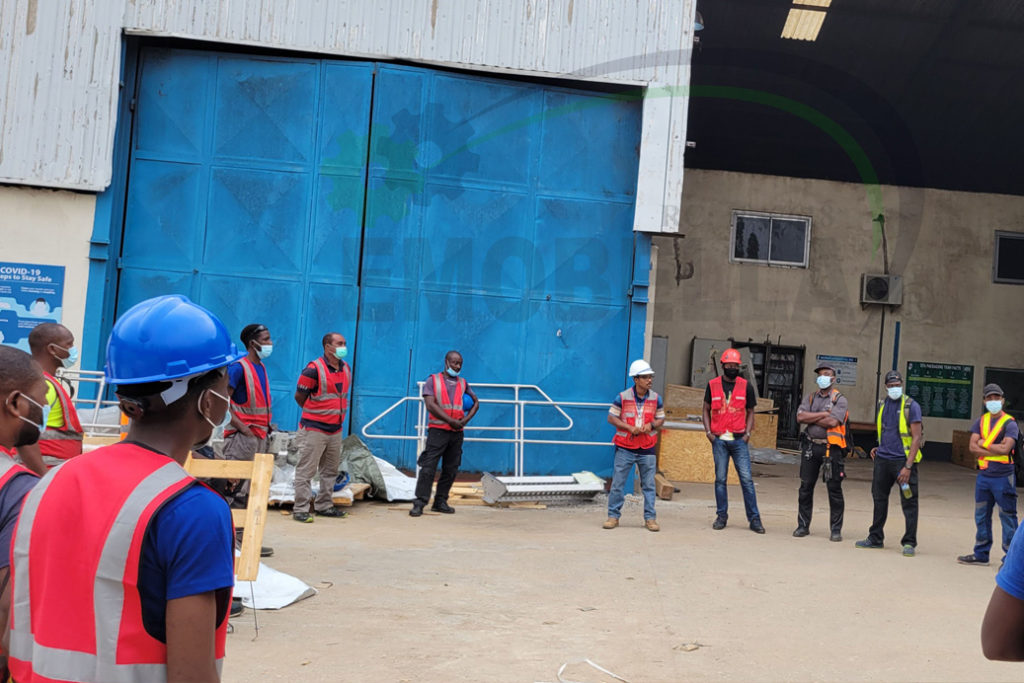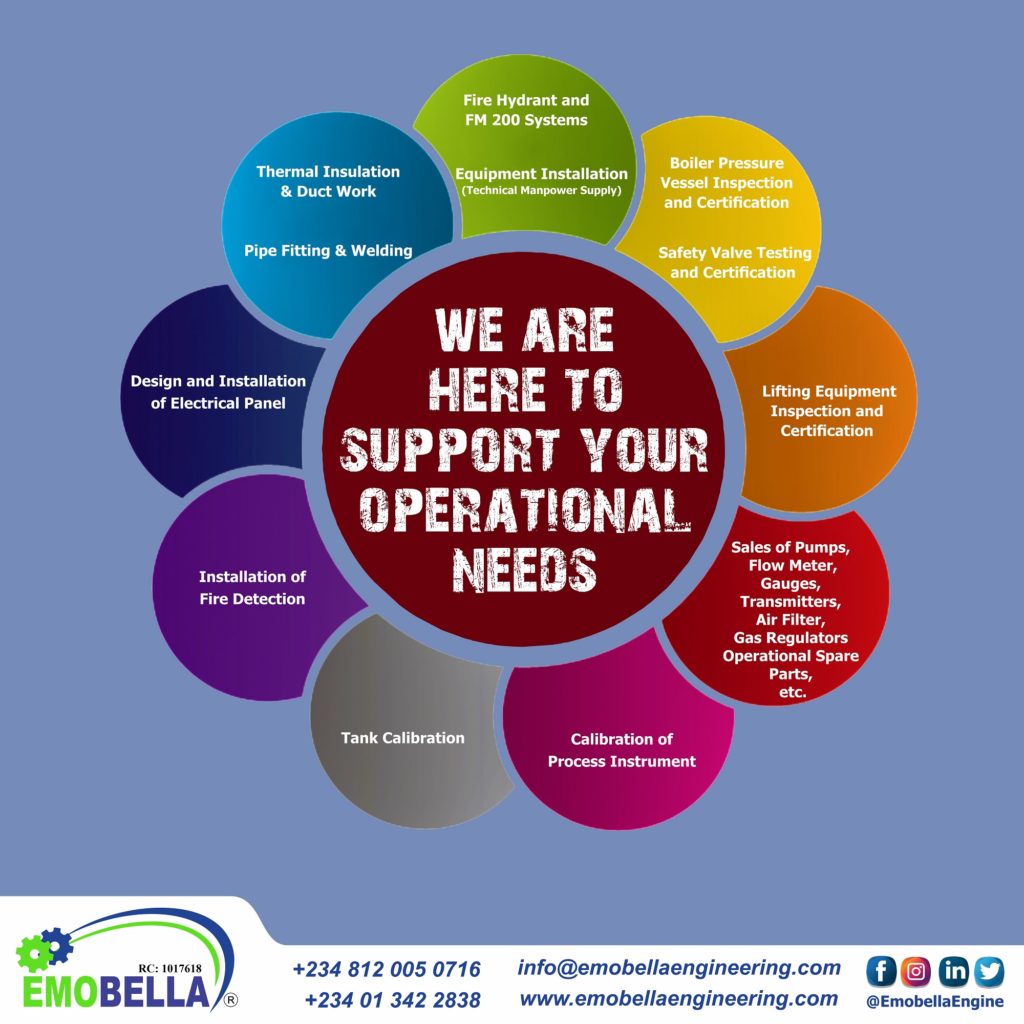In our previous blog post, we talked about pressure vessels, their shapes, types, and the importance of having experts on-site when buying, installing, or commissioning your pressure vessels.
So, in today’s post, we’ll be exploring…
The Importance Of Safety While Operating Pressure Vessels
Ever wondered why there are so many demanding legislations governing pressure vessel equipment?
This is as a result of the high level of pressure in which majority of these pressure vessels are designed to work with.
Think about the severity of a system failure that leads to explosions and flying debris, then you’ll agree with me that the safety of a pressure vessel isn’t a topic that should be taken lightly, as serious hazardous situations like these could easily result in costly damage to property, environment and most importantly loss of lives.
So, how do you ensure safety when operating a pressure vessel?
There are quite a few things that can be done to ensure safety while operating pressure vessels, but we are going to focus on 3 highly important safety tips for pressure vessels operation:
- Training
All industries/plants must train and educate their technical and non-technical staff on pressure vessels. These trainings will help educate their staff on what pressure vessels are, the content of each pressure vessel, the risk that they pose to the environment, and actions to take when a breach occurs. Engineers and technicians that will be managing these vessels should receive a formal training on how to properly use and manage a pressure vessel.
- Installation Of Protective Devices
Every pressure vessel comes with a list of protective devices to help ensure and notify operators when there is an abnormal build-up of pressure. Example of such protective devices are Pressure relief valves, safety valves, pressure gauges, a pressure alarm indicating system, rupture disks etc. Some come with extra protection in place like insulation and coating of metal surfaces and so many others. All these are protective measures and requirements to help ensure a safe working environment and prevent accidents from occurring.
- Inspection
In accordance with international standards and Nigeria’s factory acts, it is mandatory for every industry to have their pressure vessels inspected and certified annually or bi-annually by certified inspectors. They ensure that the pressure vessels and its protective equipment are working as designed and an integrity test (Non-Destructive Test) of the steel used in fabrication of these pressure vessel should be carried out at least once every 5years to check for corrosion and ensure that the material thickness/specification is still within acceptable range. All these helps to ensure and detect any possible failure or breakdown of the pressure vessels to avoid future catastrophe.
At Emobella Engineering Nigeria Limited, we offer inspection and certification of pressure vessels according to the ASME Boiler and Pressure Vessel Code worldwide and Nigerian factories act to help make sure that your pressure vessels are compliant and safe to operate. Contact us today to speak with our expert inspectors!





